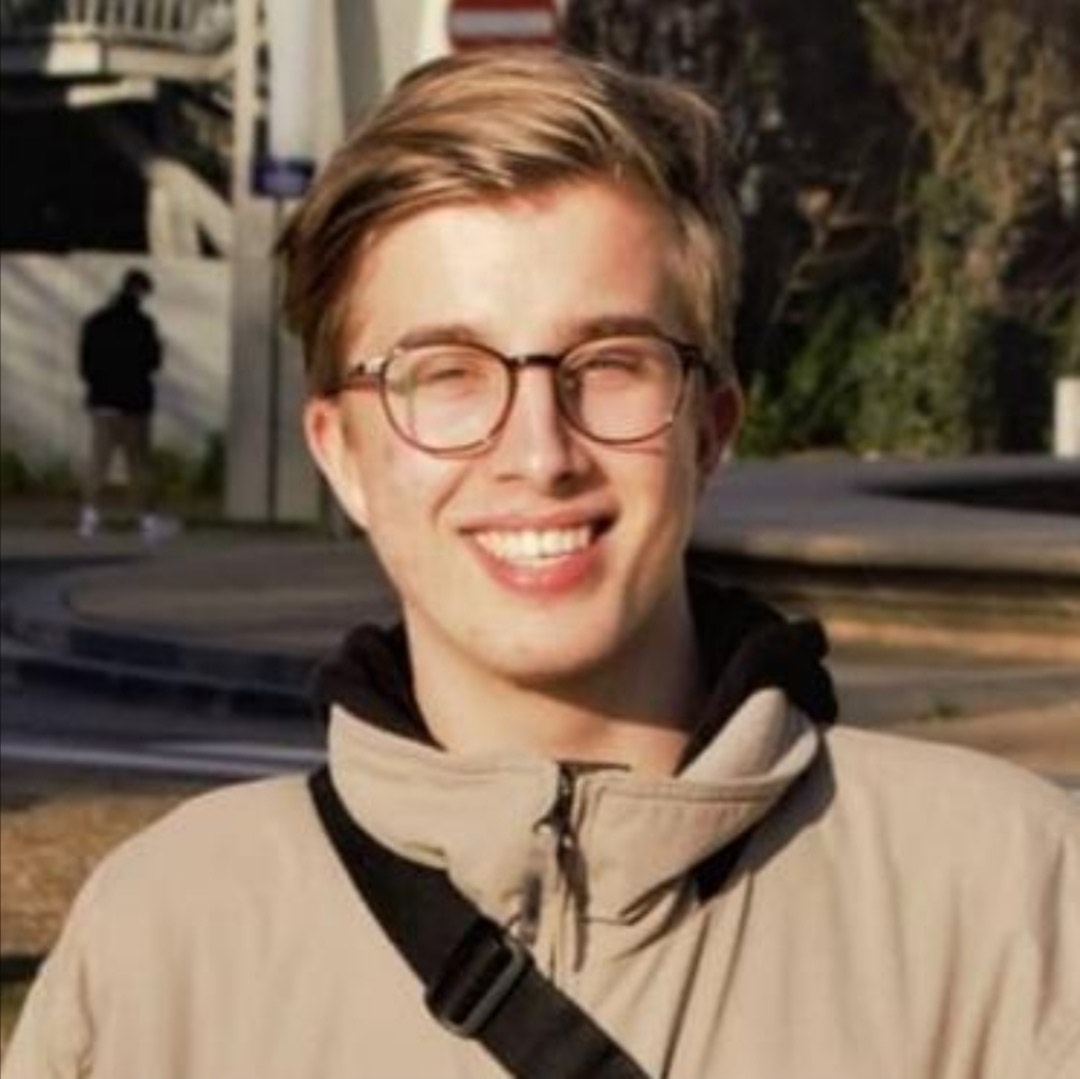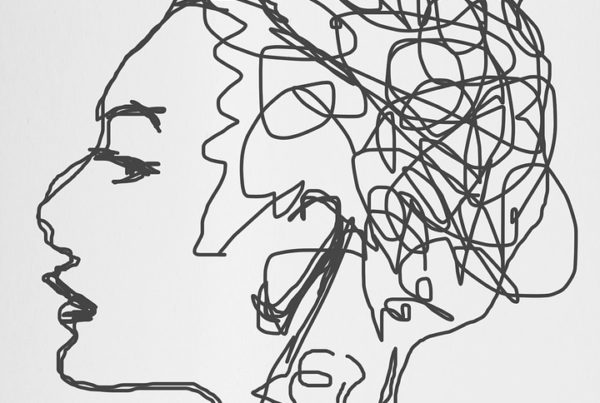

Beau Postma
What is it like to be a Psychology student?
Four questions for Beau Postma (bachelor, second year).
What is the most useful thing that you’ve learned from Psychology?
‘I’ve learned that the questions researched in the field of Psychology do not necessarily correspond to one ‘correct’ answer. We may understand concepts, such as creativity, at different levels of abstraction and view them through different socio-cultural perspectives. In that way, the science of Psychology is a form of art. Another insight I have gained is that doubt ironically leads to a better understanding. I think we should never convince ourselves to have acquired universal truths because, well, what would be the fun in that? Like kids, we should constantly ask questions to the world and ourselves. Then, the beautiful exploration of the psyche and ‘reality’ never ceases to exist.’
What do you like about Psychology at UvA?
‘I appreciate that people from all over the world are welcome to study here. For example, I am happy to have chosen an English tutorial group as a Dutchie, since I get to know about the insightful cultural perspectives on Psychology from my foreign classmates and friends.’
What do you dislike about Psychology at UvA?
‘In the second year of the Psychology bachelor’s program, there’s a course called Practical Training: Psychological Communication (PTPC), which has improved my listening and speaking skills noticeably. Unfortunately, these classes have been the only ones in which I’ve been fully immersed. The lectures and tutorials usually cover fascinating topics, but they do not allow for the engagement I seek. On the other hand, in PTPC you are strongly encouraged to actively participate, which makes studying more of a memorable experience and consequently makes the knowledge you acquire stick around for a longer time in your hippocampus.’
How has studying Psychology led you to grow as a scientific thinker?
‘I would say that in the first year we mainly acquire general knowledge of Psychology – which is necessary but also quite mind-numbing – and it’s only in the second year that we start to develop a critical disposition. I’ve become less of an acquiescent thinker in absorbing information from authoritative figures, as I’ve been presented with many laughable instances of faulty reasoning and research practices. Nowadays, I try to see through the fancy title next to scientists’ names and keep in mind that every person (including myself) is prey to biases that are always lurking around the corner.’

Beau Postma
What is it like to be a Psychology student? Four questions for Beau Postma (bachelor, second year).
What is the most useful thing that you’ve learned from Psychology?
‘I’ve learned that the questions researched in the field of Psychology do not necessarily correspond to one ‘correct’ answer. We may understand concepts, such as creativity, at different levels of abstraction and view them through different socio-cultural perspectives. In that way, the science of Psychology is a form of art. Another insight I have gained is that doubt ironically leads to a better understanding. I think we should never convince ourselves to have acquired universal truths because, well, what would be the fun in that? Like kids, we should constantly ask questions to the world and ourselves. Then, the beautiful exploration of the psyche and ‘reality’ never ceases to exist.’
What do you like about Psychology at UvA?
‘I appreciate that people from all over the world are welcome to study here. For example, I am happy to have chosen an English tutorial group as a Dutchie, since I get to know about the insightful cultural perspectives on Psychology from my foreign classmates and friends.’
What do you dislike about Psychology at UvA?
‘In the second year of the Psychology bachelor’s program, there’s a course called Practical Training: Psychological Communication (PTPC), which has improved my listening and speaking skills noticeably. Unfortunately, these classes have been the only ones in which I’ve been fully immersed. The lectures and tutorials usually cover fascinating topics, but they do not allow for the engagement I seek. On the other hand, in PTPC you are strongly encouraged to actively participate, which makes studying more of a memorable experience and consequently makes the knowledge you acquire stick around for a longer time in your hippocampus.’
How has studying Psychology led you to grow as a scientific thinker?
‘I would say that in the first year we mainly acquire general knowledge of Psychology – which is necessary but also quite mind-numbing – and it’s only in the second year that we start to develop a critical disposition. I’ve become less of an acquiescent thinker in absorbing information from authoritative figures, as I’ve been presented with many laughable instances of faulty reasoning and research practices. Nowadays, I try to see through the fancy title next to scientists’ names and keep in mind that every person (including myself) is prey to biases that are always lurking around the corner.’



